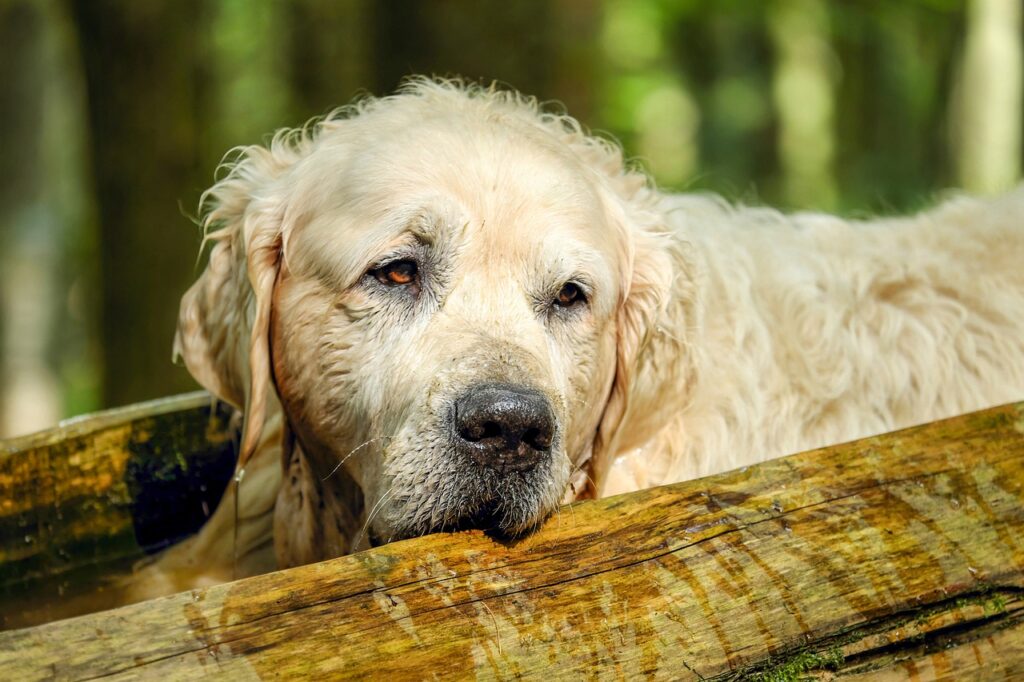Can Dogs Eat Plums? – No, They Can’t
It’s natural for pet owners to wonder if human foods, like plums, are safe for dogs. The direct answer is no. Plums are not recommended for canine consumption due to potential health hazards they pose. While the fleshy part around the pit might not be toxic, the pit itself presents a choking risk and contains cyanide, which is poisonous to dogs. Moreover, the sugar content in plums can lead to gastrointestinal upset and is not suitable as part of a dog’s diet.
Can Puppies Eat Plums?
When it comes to puppies, who are generally more sensitive, the answer is also a definitive no. Puppies have an even higher risk of choking on plum pits, and their developing digestive systems are particularly vulnerable to the adverse effects of improper foods. Additionally, exposure to cyanide, even in small amounts, can be more harmful to puppies due to their smaller size and less developed detoxification systems.
Why are Plums Harmful for Dogs?
Although they’re delicious for humans, plums can cause several problems for dogs, primarily due to their pit and sugar content.
Pits Contain Cyanide
Plum pits contain a substance that can release cyanide when chewed or digested. Cyanide is highly toxic to dogs, even in small quantities, and can lead to cyanide poisoning, which is a serious and potentially fatal condition.
Risk of Intestinal Obstruction
Aside from the toxicity of cyanide, the hard pits of plums can also pose a choking hazard or become lodged in a dog’s digestive tract, leading to an intestinal obstruction that may require surgical intervention.
High Sugar Content
The sugar in plums, while not directly toxic, can cause stomach upset in dogs. Additionally, over time, the consumption of sugary foods like plums can contribute to diabetes and obesity in dogs.
Symptoms to Watch Out For After Dogs Consume Plums
- Difficulty Breathing: This can indicate cyanide poisoning, especially if the dog has chewed on a plum pit. It can manifest as panting, shallow breathing, or gasping.
- Vomiting or Diarrhea: Signs of gastrointestinal upset from the high sugar content or a reaction to cyanide.
- Signs of Distress: Including whining, pacing, or unusual behavior which could signal the onset of poisoning or an intestinal blockage.
Immediate Steps to Take if Your Dog Eats Plums
- Do Not Panic: Stay calm, and try to determine how much of the plum your dog consumed and whether the pit was ingested.
- Contact Your Vet: Seek immediate veterinary advice. They will give you the best course of action, which may include bringing your dog in for an examination.
- Watch for Symptoms: Keep a close eye on your dog for any signs of distress or illness, as mentioned above, and inform the vet if symptoms develop.
Safe Alternatives to Plums
While plums are dangerous for dogs, there are safe alternatives that they can enjoy. Consider offering your dog these safer food options instead:
- Carrots – A crunchy, low-calorie treat that is also good for a dog’s teeth.
- Apples – High in fiber and vitamins A and C, just be sure to remove the core and seeds.
- Blueberries – Antioxidant-rich and an appropriate size for a dog to enjoy safely.
Conclusion
Dogs should not eat plums due to the risk of cyanide poisoning from the pits, potential intestinal blockage, and high sugar content. Always be vigilant about what your pets consume and remember to offer them safe, healthy alternatives that won’t compromise their well-being. The availability of safer treat options ensures that your canine friend can enjoy something special without the risks associated with plums.
Frequently Asked Questions
What Should I Do If My Dog Ate a Plum?
If it was a small piece without the pit, monitor your dog closely for any signs of distress. However, if the plum pit was ingested, call your vet immediately due to the risk of cyanide poisoning and intestinal obstruction.
Are Any Parts of the Plum Safe for Dogs?
The flesh of the plum may be safe in small amounts, but it’s best to avoid feeding plums to dogs altogether due to the associated risks.
Can Plums Cause Long-Term Harm to Dogs?
Regular consumption of plums can lead to dental issues, obesity, or diabetes in dogs. Also, a single incident of cyanide poisoning or an intestinal blockage can have long-term health consequences.
Are There Any Non-Toxic Varieties of Plums for Dogs?
All varieties of plums pose the same risks to dogs due to their pits and sugar content, so they should all be avoided.



